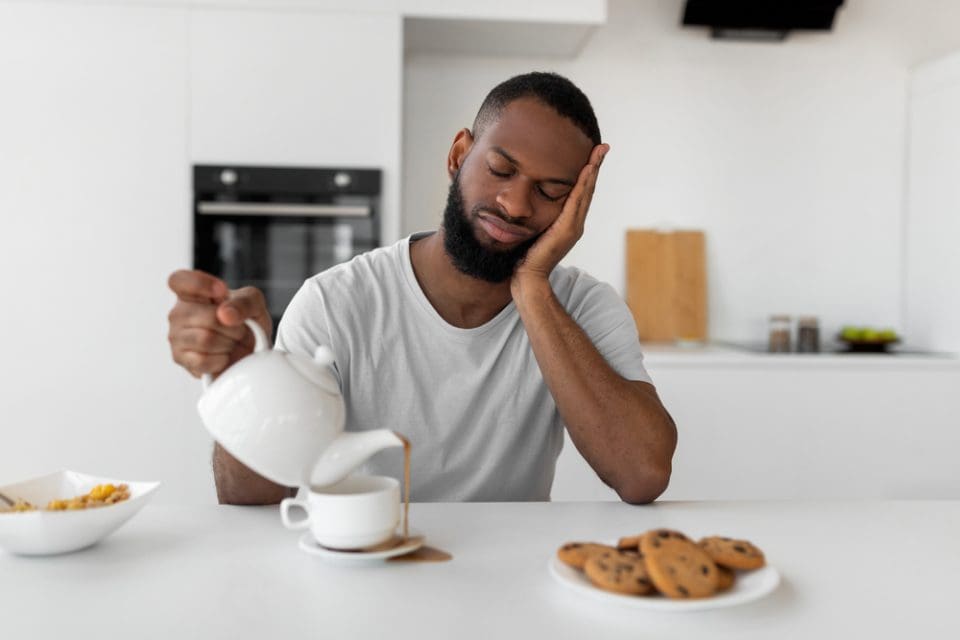Common bedtime mistakes sabotaging your sleep quality

Understanding sleep quality
Modern life often challenges our ability to enjoy truly restful sleep, even when we log adequate hours in bed. The distinction between sleep quantity and sleep quality is key to understanding why many people feel tired despite seemingly enough rest. True restorative rest relies on a combination of environmental factors, personal habits, and physiological processes working harmoniously.
Environmental impact on sleep
The role of your surroundings
The environment in which you rest plays a pivotal role in determining the quality of your rest. Factors like temperature, light, and noise levels can disrupt your sleep cycles. Sleep experts recommend maintaining a bedroom temperature between 65–68°F, as cooler conditions support the body’s natural drop in temperature during rest, promoting deeper rest.
Light exposure matters
Even small amounts of light, like the glow from streetlights or electronic devices, can interfere with your rest. Blackout curtains or masks can block unwanted light and support better melatonin production, a hormone essential for regulating sleep.
Noise management
Noise, whether from traffic or a snoring partner, can fragment rest cycles. White noise machines or earplugs are often effective solutions to minimize disruptions and ensure a peaceful night’s rest.
Digital disruptions
Why screens sabotage your rest
Scrolling through social media or watching TV before bed might seem relaxing, but it’s one of the biggest culprits behind poor rest. Devices emit blue light, which interferes with melatonin production, tricking your brain into thinking it’s still daytime. As a result, falling and staying asleep becomes more difficult.
Social media’s mental stimulation
Beyond blue light, the emotional and mental stimulation from engaging with content can leave your mind racing. Experts recommend powering down devices at least an hour before bedtime and opting for calming activities like reading a book or meditating.
Nutritional influences
Caffeine and late-night snacks
Your evening diet could be sabotaging your rest. Caffeine, often consumed in coffee, tea, or even chocolate, is a well-known stimulant. Its effects can linger for hours, so cutting off consumption after mid-afternoon is advisable. Similarly, alcohol, though initially sedating, disrupts the deeper stages, leaving you groggy the next day.
Heavy meals and hydration
Eating heavy meals close to bedtime can lead to indigestion, disrupting your ability to fall asleep comfortably. On the flip side, excessive hydration can cause frequent nighttime trips to the bathroom. Both scenarios highlight the importance of mindful eating and drinking habits in the evening.
Routine consistency
Why a regular schedule is essential
Your body’s internal clock, or circadian rhythm, thrives on consistency. A regular sleep-wake schedule helps regulate this rhythm, ensuring you feel alert during the day and sleepy at night. Irregular patterns, like staying up late on weekends, can lead to “social jet lag,” which leaves you feeling off-balance even with sufficient hours of rest.
Building a bedtime routine
Establishing a relaxing pre-rest routine signals to your body that it’s time to wind down. Activities such as light stretching, journaling, or listening to calming music can help transition your mind and body into a restful state.
Bedroom environment optimization
The importance of a sleep sanctuary
A comfortable mattress and supportive pillows form the foundation of a good rest environment, but there’s more to consider. Managing light with blackout curtains, using a fan or white noise machine for sound control, and keeping clutter out of the bedroom can all enhance your space’s restful vibe.
Investing in quality bedding
Soft, breathable sheets and temperature-regulating blankets can make a significant difference in how well you rest. Also, hypoallergenic bedding can help those with sensitivities avoid nighttime disruptions caused by allergens.
Professional intervention
When to seek help
If lifestyle changes fail to improve your rest, it might be time to consult a professional. Specialists can identify underlying issues like sleep apnea, restless leg syndrome, or insomnia, offering targeted treatments to address these problems.
Sleep studies and solutions
A study, conducted in a controlled environment or with at-home devices, can provide valuable insights into your sleep patterns. Depending on the findings, treatments like cognitive behavioral therapy for insomnia (CBT-I) or medical devices for conditions like apnea might be recommended.
Final thoughts
Restful sleep isn’t just about how long you’re in bed—it’s about optimizing every factor that contributes to quality rest. From creating a serene bedroom environment to maintaining consistent routines and addressing disruptive habits, achieving better rest is entirely within reach. By making these simple changes, you’ll wake up feeling refreshed and ready to take on the day.









